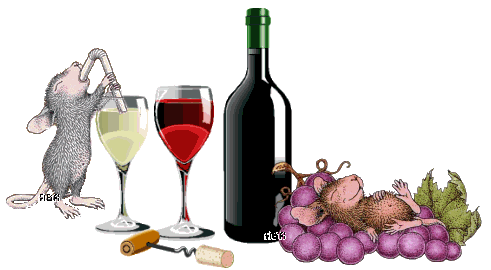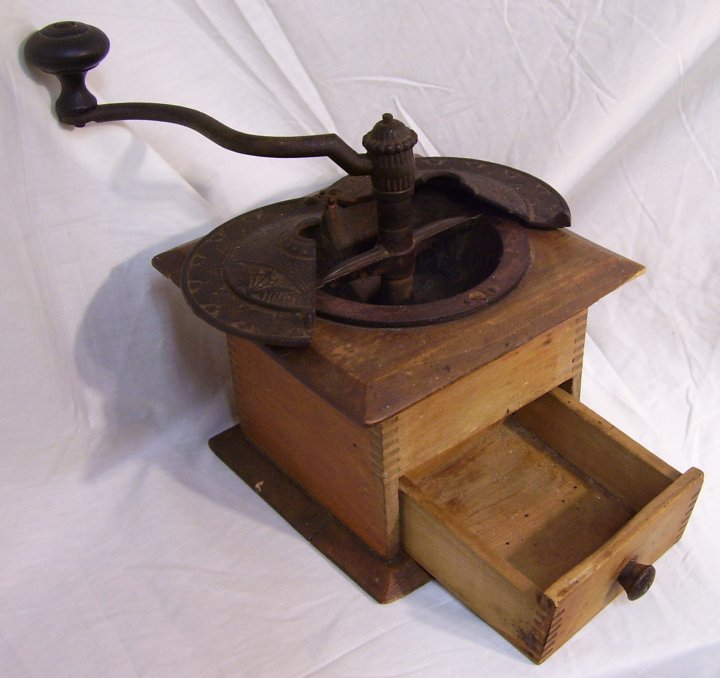Is it safe to drink cocktails with raw egg?

Pisco sour – a Peruvian cocktail – is made with raw egg white
The current craze for cocktails includes many drinks that feature raw egg. Is drinking one dangerous?
In drinks like a Pisco Sour, cocktail makers use the white of an egg to give the drink a foamy head. You can also find it in a Pink Lady, Ramos Gin Fizz or Clover Club.
But there’s been years of concern over the presence of salmonella bacteria in eggs.
Infection causes diarrhoea, abdominal pain and cramps, headache, nausea, vomiting and fever. Young people, the elderly, pregnant women and those with compromised immune systems are most susceptible.
But the prevalence of salmonella in eggs has fallen considerably on both sides of the Atlantic.

In the UK, virtually all eggs are salmonella-free
In the UK, Kevin Coles of the British Egg Information Service says there is never a cast-iron guarantee of safety when it comes to raw eggs in food or drink, but that 98.5% of eggs stamped with the industry’s red lion mark are safe.
“Any egg can contain salmonella but it is more or less a thing of the past in the UK. Eggs with the red lion mark have all come from chickens vaccinated against salmonella.”
Most supermarkets only sell red lion eggs but bars and restaurants can buy eggs from wherever they want – there are no legal requirements. And the Food Standards Agency doesn’t advise against people consuming raw eggs if they so wish.
“However for vulnerable groups (including the elderly) we suggest they should avoid consumption of raw/lightly cooked eggs because of the risk of salmonella,” says the agency.
Many cocktail books would offer the same advice regarding raw egg use. And there are plenty of cocktail mixologists who choose not to use them.

Many recipes originated from tavern fare in England – flips, nogs and possets”
Alessandro Palazzi, head barman at the Dukes Bar in London, says there is no need to use eggs in cocktails at all. Palazzi avoids them, even with classic concoctions.
“Raw eggs were used in the old days to make classics like the whisky sour, but a lot of people don’t use them now, including us. It’s a lazy thing to do – like a chef adding flour to a sauce to make it thicker.”
He says a good barman can create classic cocktails without using eggs at all.
“The only difference is the longevity of the froth. If you know how to shake a cocktail properly and use the right ingredients you can create the same effect.”
In the old days bar staff used more basic ingredients. “They make drinks slimy and too thick. I think some people use them to hide the taste of cheap, bad ingredients.”
And he doesn’t approve of the raw egg substitutes that some bars use. “The smell is awful. I tried it only once then threw it away.”
But eggs have always been a part of cocktails, argues Dale DeGroff, founder and president of The Museum of the American Cocktail.
Cocktails that contain eggs
- Whisky Sour (pictured above)
- Pisco Sour
- Egg Nog
- Clover Club
- Silver Gin Fizz
All except egg nog use the whites only
Many might think that cocktails were an American invention, but DeGroff explains that the roots are in fact in the UK. “Many of those recipes originated from tavern fare in England – flips, nogs and possets.” They’re traditional drinks composed of warm spiced ale, with sugar, spirit and eggs.
DeGroff questions the logic of health fears over raw eggs in drinks when they are frequently used in food. “Shall we do away with eggs Benedict because the hollandaise sauce is prepared without cooking? It is a silly controversy created by nanny states.”
































































Over here in the UK (in the supermarket I work for) we can get pasteurized egg whites i a little carton. I believe that sort of product would be a better option than cracking open raw eggs (for sense of full safety)… Then again raw eggs will always cause safety nuts to go a bit silly. Let’s forget that alcohol is not necessarily good for you anyway?! 😉 hehe Great post! Was a good read!
LikeLike
October 1, 2013 at 7:22 pm
>Fervent, intrigued. The pasteurisation process requires heating to 68 degrees and cooling, this would cook the egg whites. I’ll have to google this later. In 60 years I have never seen nor even heard of a problem with raw eggs, even with the lax practices in South America. Safety nuts, well said.
AV
LikeLike
October 1, 2013 at 7:33 pm
My apologies, i did not mean to write in pasteurised… I made a slight error there! Heres the link for the companies website…
http://www.twochicks.co.uk/products/
LikeLike
October 1, 2013 at 7:38 pm
You were quite right, it says pasteurised on their site. Apparnetly eggs can be pasteurised in the shell by taking the water temp to 140F but not above 150, that cooks. Live and learn every day…
AV
LikeLike
October 1, 2013 at 7:54 pm